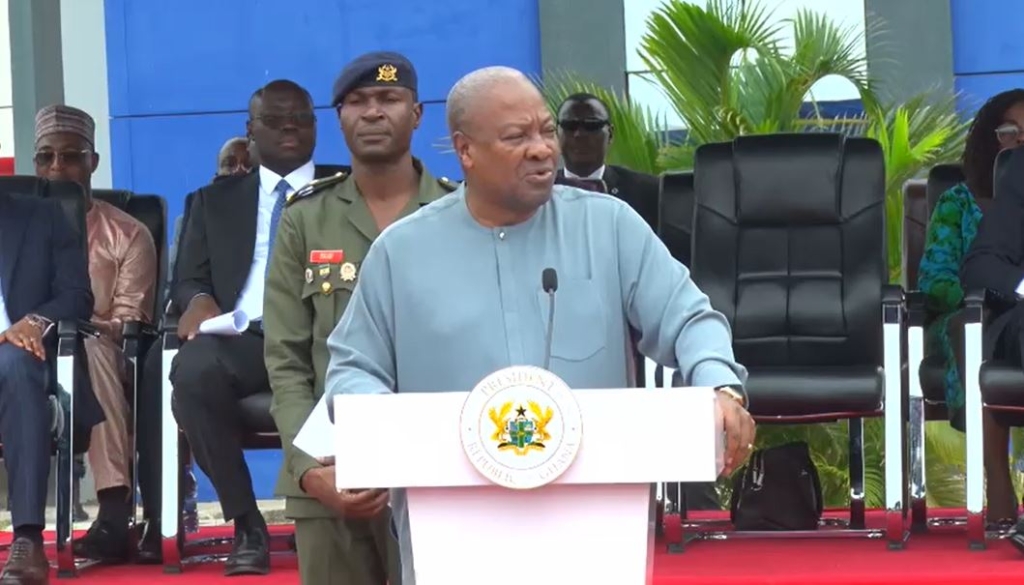President John Dramani Mahama’s recent announcement marks a pivotal moment in Ghana’s economic landscape. The country has shifted gears, transitioning from mere policy formulation to the tangible implementation of the Ghana Gold Board (GoldBoD). This move signifies a strategic effort to formalize the gold trade within the nation, with the overarching goal of fortifying its economy.
At the inaugural ceremony of the Gold Board task force, President Mahama emphasized the importance of this transition. The establishment of this task force underscores Ghana’s commitment to addressing the challenges posed by illegal gold trading. By taking concrete steps towards regulating and legitimizing the gold industry, Ghana aims to enhance transparency, accountability, and sustainability within the sector.
President Mahama’s statement underscores the government’s proactive approach to economic reform and development, signaling a shift towards action-oriented strategies.
The Gold Board’s mandate extends beyond regulatory functions; it also seeks to streamline processes, facilitate legitimate trade, and combat illicit activities. This holistic approach underscores Ghana’s determination to leverage its natural resources responsibly and maximize their socio-economic impact.
Experts laud Ghana’s move towards implementation, highlighting the potential for improved governance, revenue generation, and overall economic resilience.
The transition from policy to practice represents a critical juncture in Ghana’s economic evolution. By translating theoretical frameworks into actionable initiatives, the country is poised to unlock new opportunities for growth and prosperity. This shift underscores a paradigmatic change in governance, emphasizing results-driven strategies over theoretical deliberations.
As Ghana navigates this transformative phase, stakeholders across various sectors are closely monitoring the outcomes of the Gold Board’s implementation. The success of this endeavor could set a precedent for other resource-rich nations grappling with similar challenges in natural resource management.
The effective execution of the Gold Board’s mandate could catalyze broader structural reforms, fostering a climate of trust, efficiency, and sustainable development within Ghana’s gold industry.
Beyond its immediate implications, Ghana’s transition from policy to implementation holds broader significance for the global discourse on resource governance. By prioritizing practical solutions and operational efficiency, Ghana is positioning itself as a trailblazer in the responsible management of natural resources.
In conclusion, President Mahama’s announcement heralds a new chapter in Ghana’s economic trajectory. The country’s proactive stance towards operationalizing the Gold Board reflects a commitment to driving substantive change and fostering a climate of economic resilience. As Ghana forges ahead on this transformative journey, the world watches with anticipation, recognizing the potential ripple effects of this strategic shift in resource governance.









Leave feedback about this